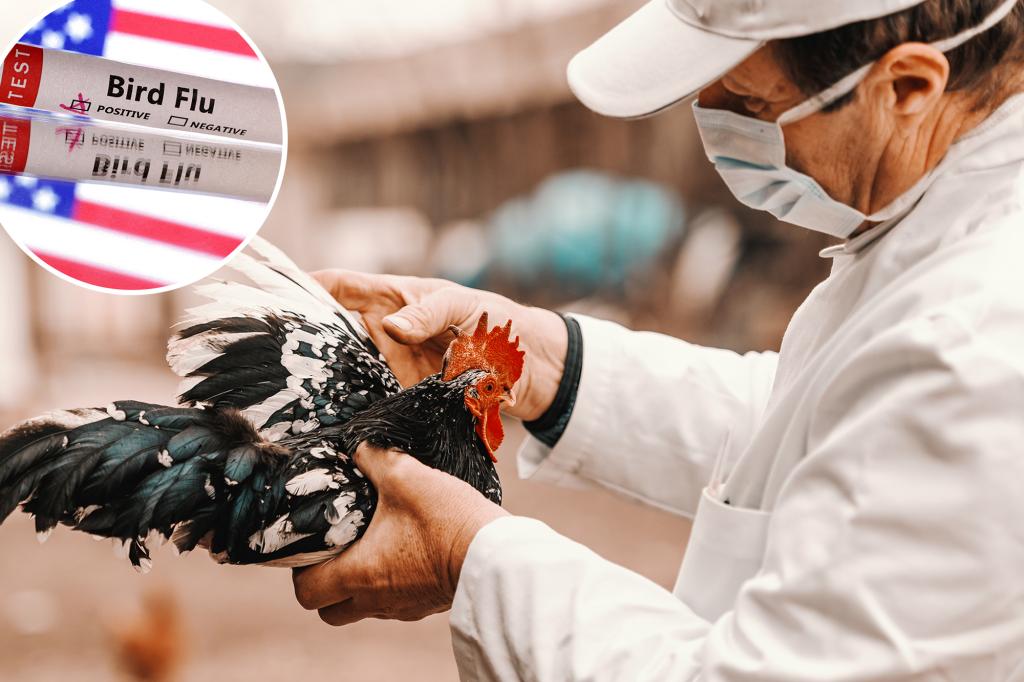The ongoing outbreak of bird flu has raised concerns about the safety of pets, especially cats, after an Oregon house cat died and a pet food recall was issued. The virus has been spreading in the U.S. for years, affecting many animals such as wild birds, chickens, and turkeys. While it has caused mostly mild illnesses in people, farm workers are at a higher risk of infection. When the virus is detected, all birds on a farm are typically killed to prevent the spread of the disease.
Oregon health officials linked the cat’s illness to frozen cat food that contained raw turkey. Cases of bird flu in pets are rare but can be fatal. Dr. Michael Q. Bailey, president-elect of the American Veterinary Medical Association, warns that feeding animals raw meat can be dangerous and advises pet owners to cook meat or pasteurize raw milk to eliminate the virus.
Cats are particularly susceptible to the bird flu virus, with several cases reported since March, including both domestic and wild cats. The Los Angeles County Department of Public Health is investigating the deaths of four house cats that consumed recalled raw milk. Dogs are less vulnerable than cats but should still only be fed thoroughly cooked foods. To protect pets from bird flu, owners should avoid giving them unpasteurized dairy products or raw meat, and keep them away from wild birds and poultry.
Symptoms of bird flu in cats may include loss of appetite, lethargy, fever, and respiratory issues. Pet owners should be cautious and monitor their pets for any signs of illness. If a cat appears to be sick, it is important to contact a veterinarian and keep the cat away from individuals with weakened immune systems to prevent further spread of the virus. The pet food recall issued by Northwest Naturals affects a batch of its 2-pound Feline Turkey Recipe raw frozen pet food, sold in several states in the U.S. and Canada. Consumers are advised to check the “best if used by” dates and dispose of the product if necessary.
In order to protect pets from bird flu, it is crucial for pet owners to be aware of the risks associated with feeding raw meat and unpasteurized dairy products to animals. By taking preventative measures such as cooking meat thoroughly and avoiding contact with sick or dead birds, pet owners can help reduce the chances of their pets contracting the virus. It is important for pet owners to monitor their animals for any symptoms of bird flu and seek veterinary care if necessary. The ongoing outbreak serves as a reminder of the importance of following proper hygiene practices and taking necessary precautions to protect both pets and humans from infectious diseases.


